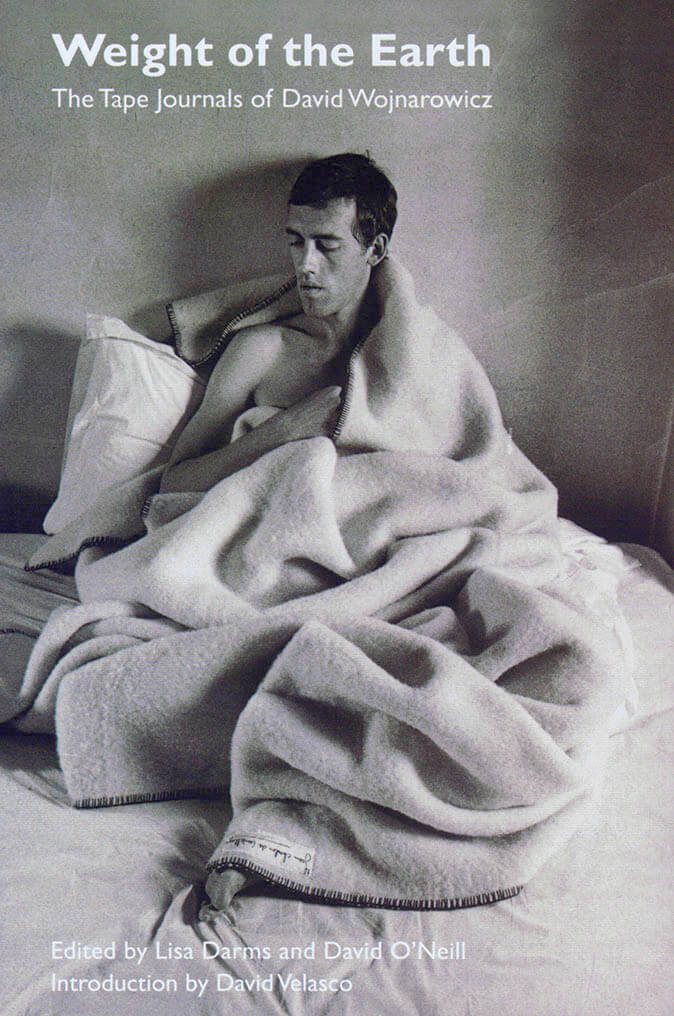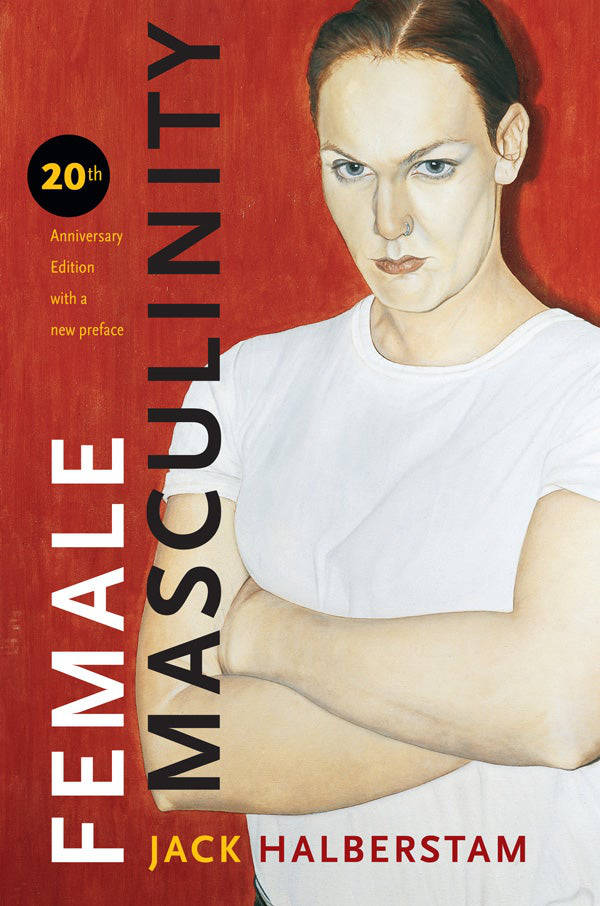
Notice
A classic queer text of trauma, written by one of the most talented novelists of her generation.
Published by Doubleday in 1994, Heather Lewis's chilling debut novel took place on the northeastern equestrian show-riding circuit, to which Lewis herself belonged in her teens. Expelled from boarding school, its fifteen-year-old narrator moves numbly through a world of motel rooms, heroin, dyke love, and doped horses. Kirkus Reviews found it “brutal, sensual, honest, seductive … a powerful debut,” while the New York Times found the book “grating and troublesome … it's difficult to imagine a more passive specimen.”
Almost immediately, Lewis began writing Notice, a novel that moves even further into dark territory. The teenaged narrator Nina begins turning tricks in the parking lot of the train station near the Westchester County home of her absent parents. She soon falls into a sadomasochistic relationship with a couple. Arrested, she's saved by a counselor and admitted to a psychiatric facility. But these soft forms of control turn out to be even worse. Writing in the register of an emotional fugue state, Notice's helpless but all-knowing narrator is as smooth and sharp as a knife.
Rejected by every publisher who read it during Lewis's life, Notice was eventually published by Serpent's Tail in 2004, two years after her death. The book, long out of print, emerged as a classic queer text of trauma, written by one of the most talented novelists of her generation.







